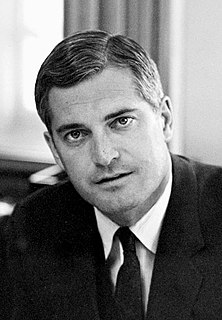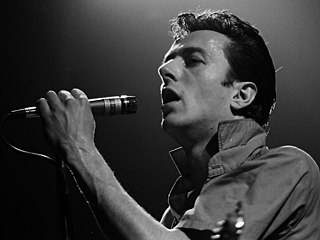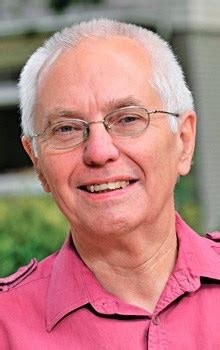A Quote by Madeleine L'Engle
Creative scientists and saints expect revelation and do not fear it. Neither do children. But as we grow up and we are hurt, we learned not to trust.
Quote Topics
Related Quotes
I learned to put my trust in God and to see Him as my strength. Long ago I set my mind to be a free person and not to give in to fear. I always felt that it was my right to defend myself if I could. I have learned over the years that when one's mind is made up, this diminishes fear; knowing what must be done does away with fear.
One major difference between Mormons and evangelicals on the subject of revelation is that Latter-day Saints believe that God has appointed modern-day prophets and apostles to receive revelation for Christ's church. All church members may receive revelation appropriate for their particular callings or positions within the church and their families, but never in contradiction to church doctrine or policy. So Mormonism has both a democratic practice of revelation that would resonate with evangelicals, but also an institutional understanding of revelation foreign to evangelicalism.
All in all, the communally reared children of Israel are far from the emotional disasters that psychoanalytic theory predicted. Neither have they been saved from all personality problems, as the founders of the kibbutz movement had hoped when they freed children from their parents. In any reasonable environment, children seem to grow up to be themselves. There is no evidence that communal rearing with stimulating, caring adults is either the ruination or the salvation of children.
Where there is Love and Wisdom, there is neither Fear nor Ignorance.
Where there is Patience and Humility, there is neither Anger nor Annoyance.
Where there is Poverty and Joy, there is neither Cupidity nor Avarice.
Where there is Peace and Contemplation, there is neither Care nor Restlessness.
Where there is the Fear of God to guard the dwelling, there no enemy can enter.
Where there is Mercy and Prudence, there is neither Excess nor Harshness.
Until I was about 7, I thought books were just there, like trees. When I learned that people actually wrote them, I wanted to, too, because all children aspire to inhuman feats like flying. Most people grow up to realize they can't fly. Writers are people who don't grow up to realize they can't be God.






































